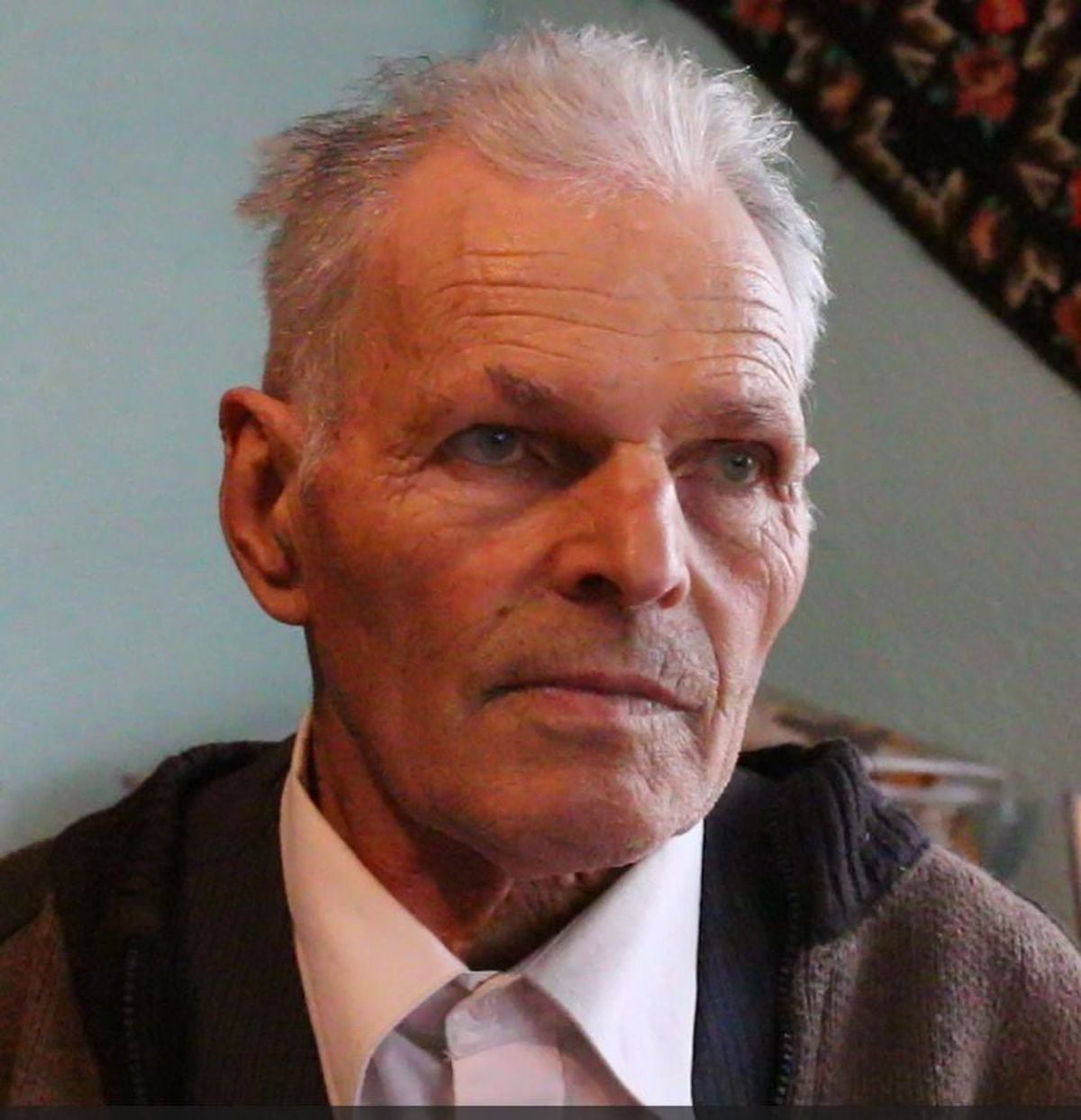
Eugeniu Chirca, Last Survivor of Romania’s Anti-Communist Resistance, Passes Away at 93
Eugeniu Chirca, the last survivor of Romania’s anti-communist resistance, has sadly passed away at the age of 93. He died on Sunday at his home in the town of Cosesti, located in southern Romania, approximately 140 kilometers from Bucharest.
A Long History of Resistance
Chirca was a part of the movement that opposed the communist leadership sponsored by the Soviet Union. This movement, which lasted from 1949 to 1958, was the longest in Eastern Europe. Born in the humble village of Nucsoara, Chirca joined the resistance at the young age of 19, alongside his mother, father, and one of his brothers.
During this time, a few hundred communists gradually gained control of the country, suppressing any form of dissent with the help of the Soviet Union. Chirca’s other younger brothers were taken out of school and sent to an orphanage, where they tragically perished along with an estimated 20,000 children who suffered under the communist regime.
Chirca and his father, Nel Chirca, constructed the first shelter for partisans in Izvorul Grosului, a remote location difficult to access. However, their efforts were cut short when Chirca was captured by the Securitate, the feared communist secret police, in the fall of 1949 after six months of resistance.
He endured months of interrogation and beatings before being imprisoned as a political prisoner for eight years. Chirca spent his time in the Jilava and Aiud prisons, notorious for their harsh conditions, and was later sentenced to hard labor in Periprava and Baia Sprie, where he worked in lead mines.
A Life of Suffering
Chirca’s time in prison was marked by immense suffering. He recalled the overcrowded conditions in Jilava, where 140 inmates were crammed into one room. In Baia Sprie, where he worked in the lead mines, he endured brutal beatings. However, the most devastating aspect of his imprisonment was the loss of his entire family. His parents passed away while he was in prison, with his mother dying in Mislea prison and his father being shot in the mountains.
Upon his release in 1957, Chirca felt aged and fearful of the Securitate. The political police harassed him, constantly questioning him about the whereabouts of other resistance leaders. Despite enduring such hardships, Chirca never received compensation for his suffering, even after winning a trial in 2011.
Chirca’s passing marks the end of an era and serves as a reminder of the sacrifices made by those who fought against the oppressive communist regime in Romania. His courage and resilience will be remembered and celebrated, ensuring that his legacy lives on.
Subscribe to Continue Reading
To read more about this story and other international news, subscribe now to gain access to our articles without any limits. Stay updated with the latest developments and be informed about the world around you.
.




